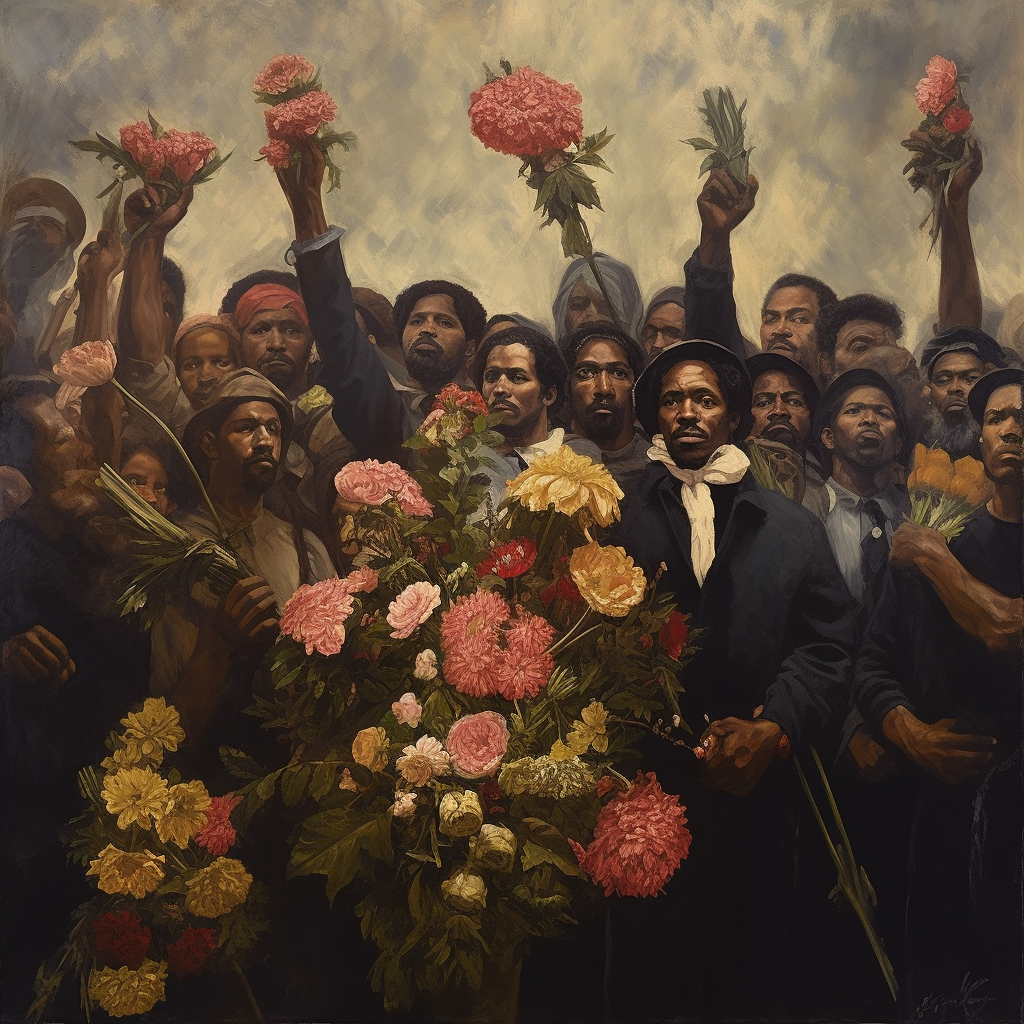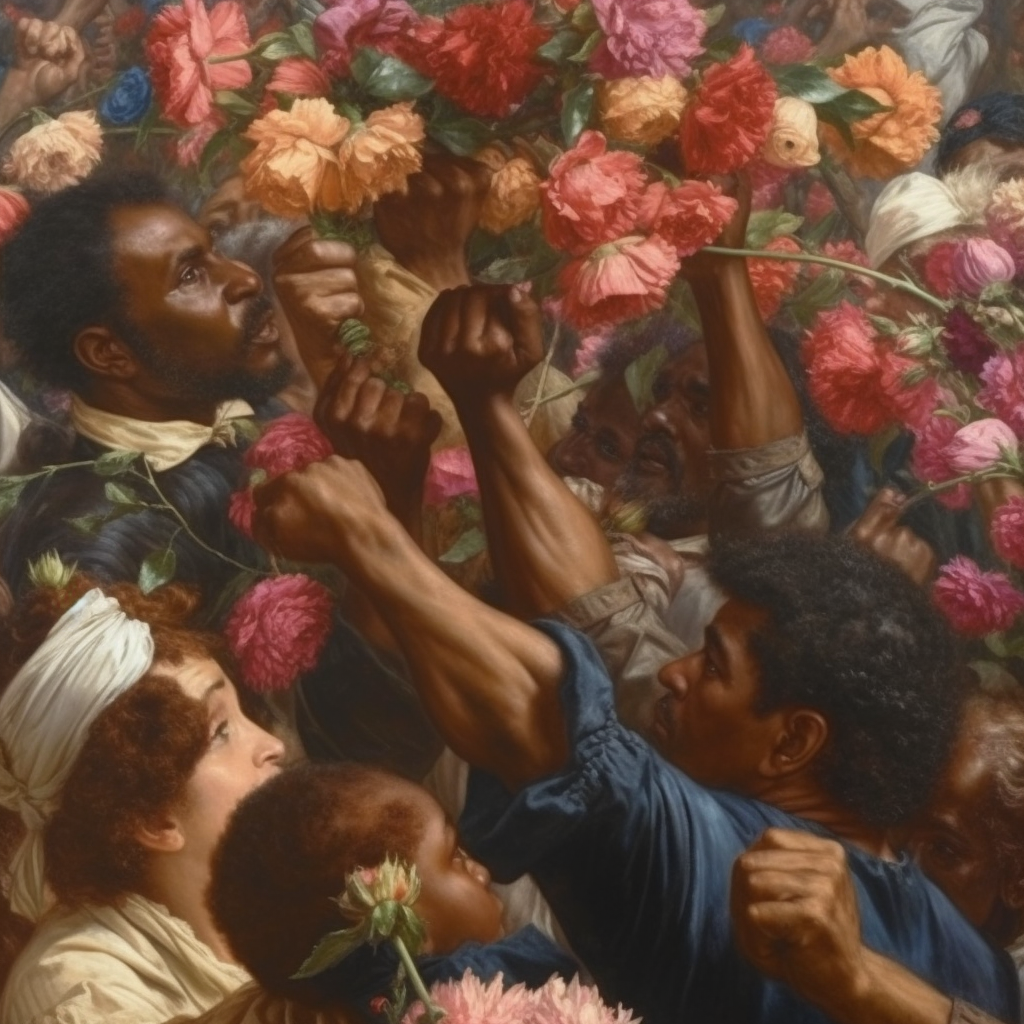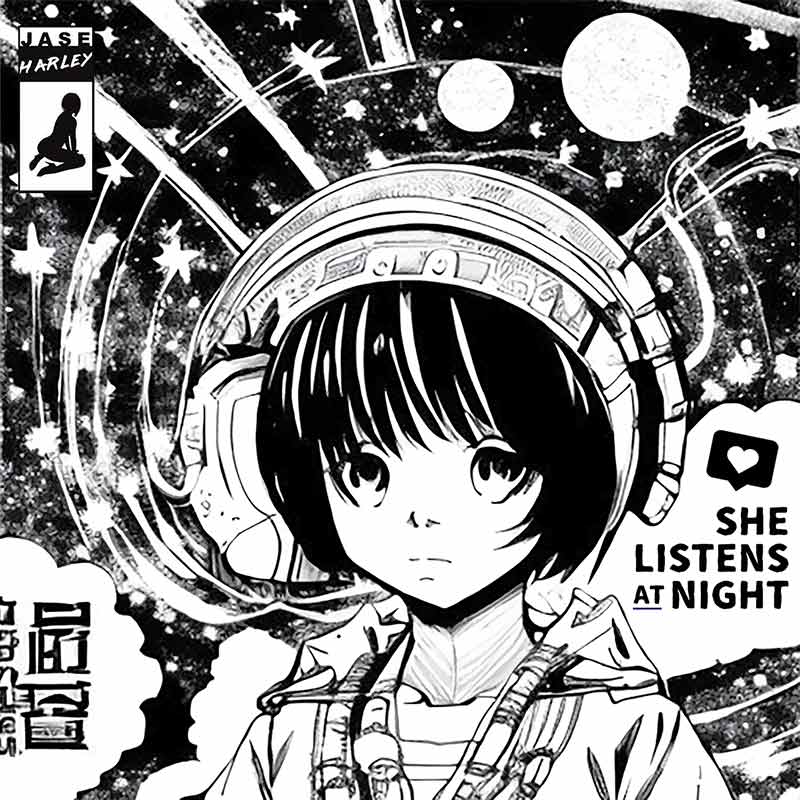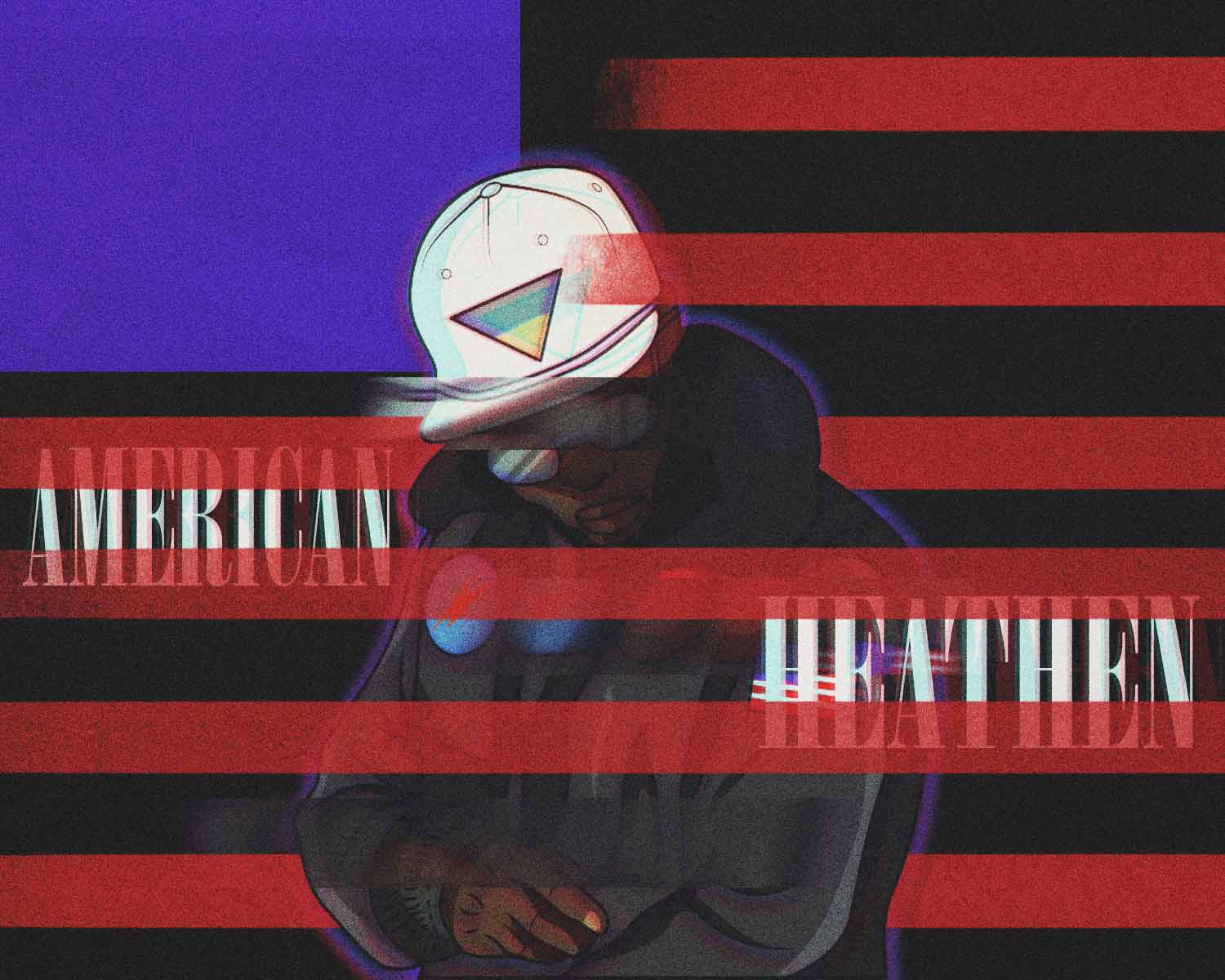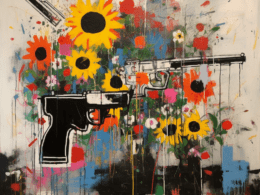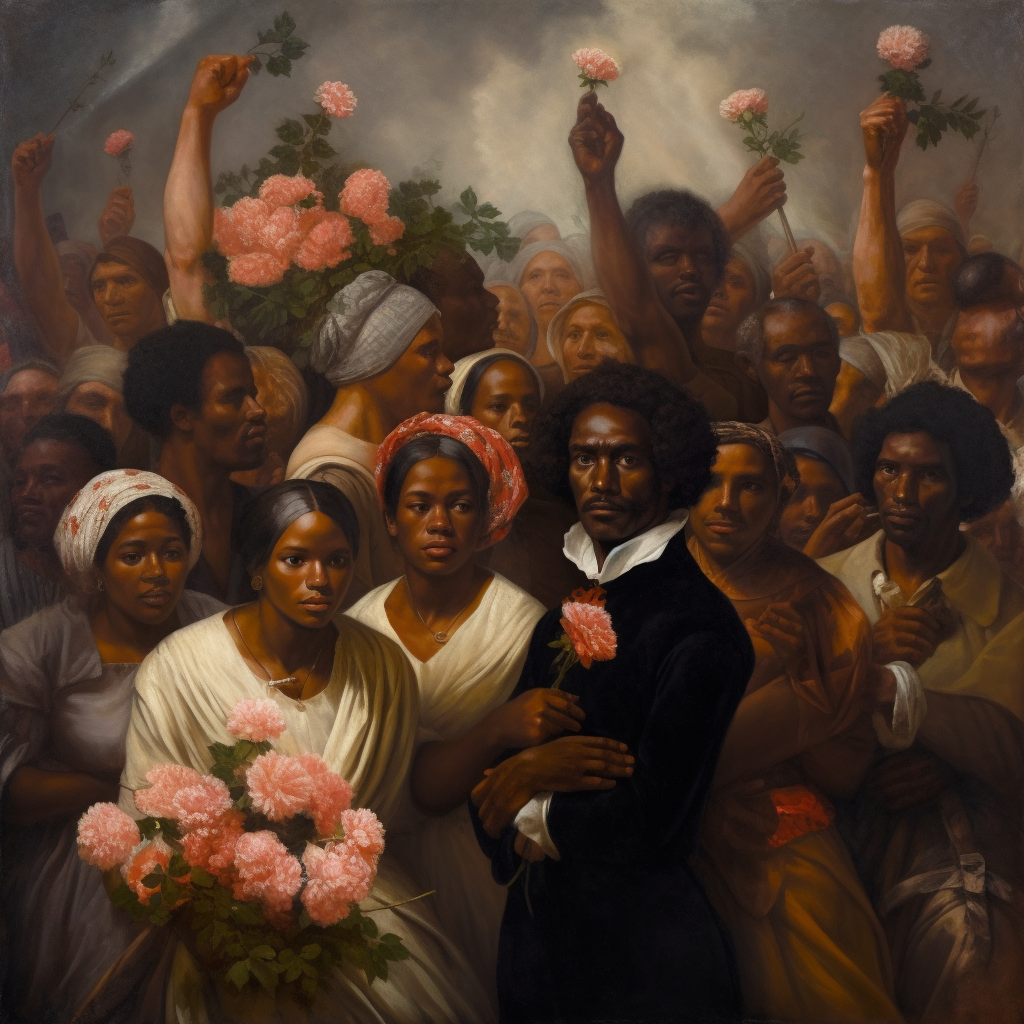
I first heard of Juneteenth back in 2004 from my African World Studies professors, along with other stories that at the time seemed fake and outlandish to my child-brain. There was a Black Wall Street that was bombed and forgotten? The U.S. banned books and movies? The list went on and on, and I questioned it all with every doubt and ounce of critical thinking I had at that time. One of my past teachers and life-long mentors is Kamau Kenyatta, an African World Studies professor and author. In today’s podcast, Kamau and I discuss the roots of Juneteenth, the Great Migration’s impact on black families in urban areas, the Civil Rights era, my song, “Black Sabbath (1969),” and the Vietnam War’s role in U.S. attacks against citizens. It’s a lot to digest, so here are two segments from the full version. Head over to my playlists for the full version!
Juneteenth, also known as Freedom Day or Emancipation Day, is a holiday that commemorates the end of slavery in the United States. On June 19, 1865, Union soldiers arrived in Galveston, Texas, and announced that the Civil War had ended and all enslaved individuals were now free. This announcement came two and a half years after President Abraham Lincoln issued the Emancipation Proclamation.
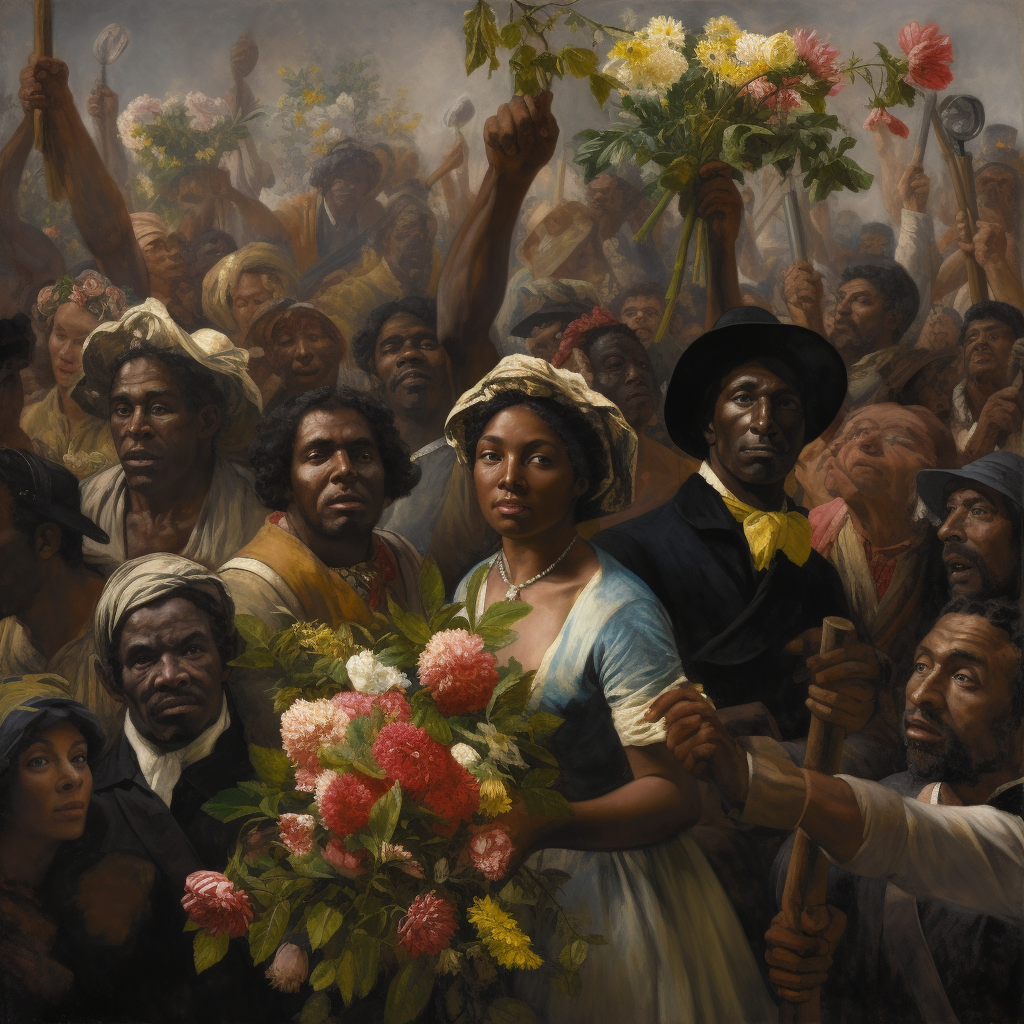
The history of Juneteenth is rooted in the struggle for freedom and equality for African Americans. It is a day to celebrate the resilience, courage, and determination of the Black community in the face of oppression and injustice. Juneteenth is not just a day of remembrance, but also a day of reflection and action. It is a reminder of the ongoing fight for racial justice and the work that still needs to be done to ensure equality for all.
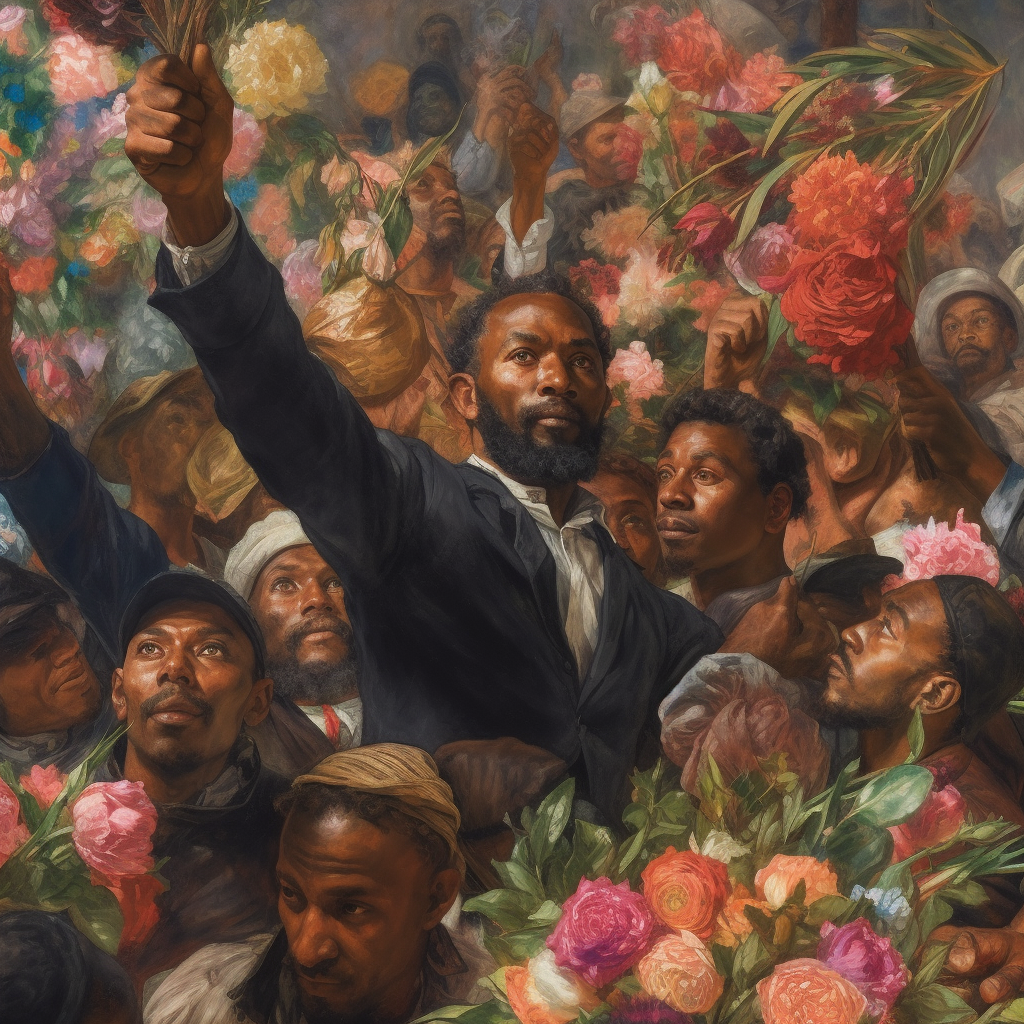
Juneteenth celebrations began in Texas in 1866 and spread to other parts of the country over time. Today, Juneteenth is recognized as a holiday in most states and has become a symbol of African American freedom and liberation.
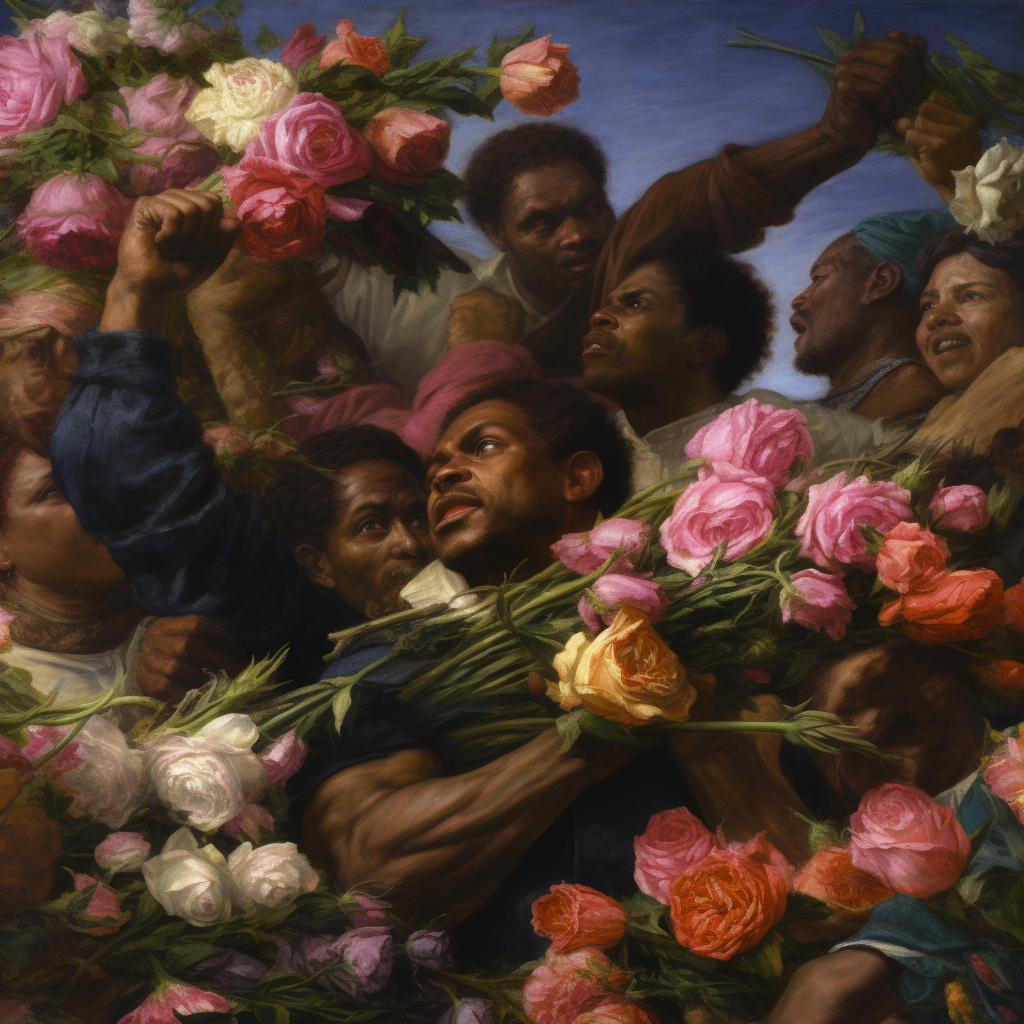
Music has played a significant role in the African American community’s fight for freedom and equality. From slave songs to gospel, blues, jazz, and hip-hop, music has been a powerful tool for expressing emotions, telling stories, and inspiring change.
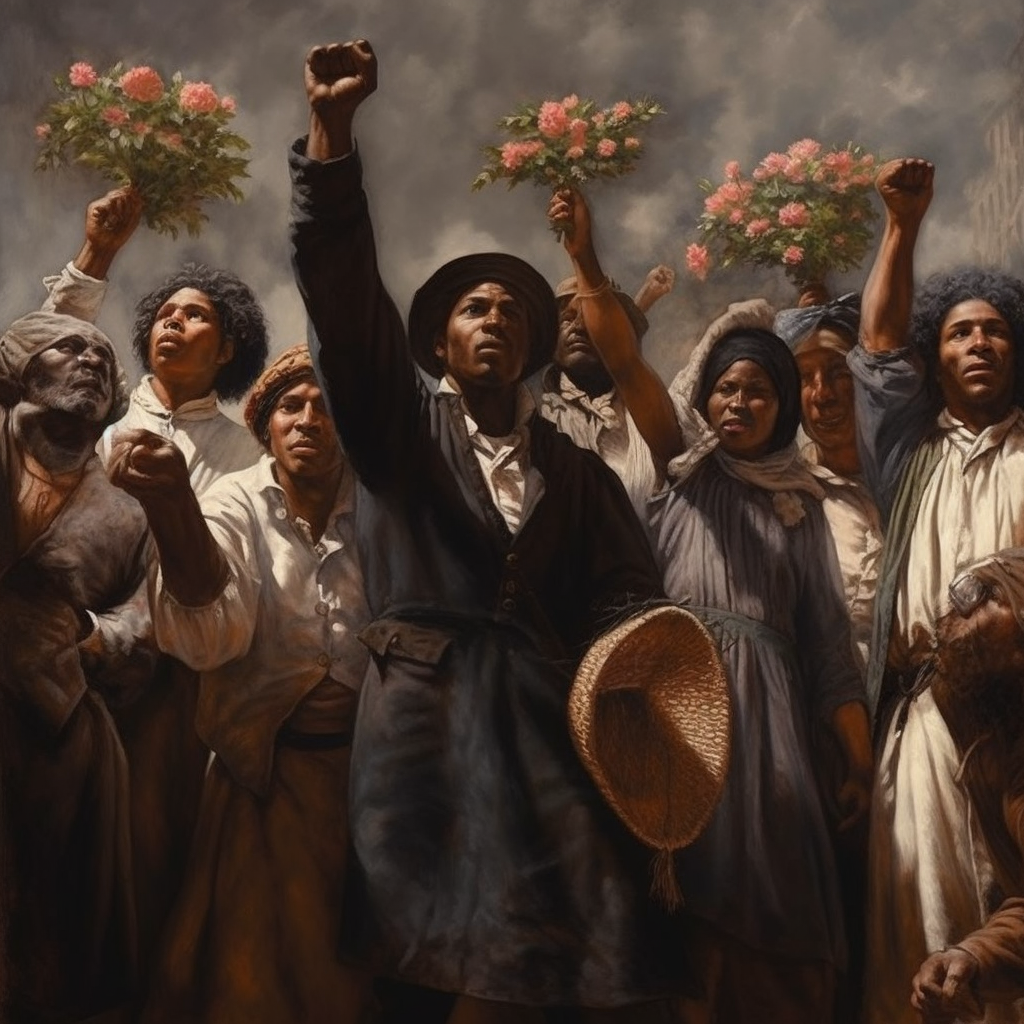
During the Civil Rights Movement of the 1950s and 1960s, music played a crucial role in bringing people together and spreading the message of equality. Artists like Nina Simone, Sam Cooke, Bob Dylan, and Marvin Gaye used their music to speak out against racism and injustice.
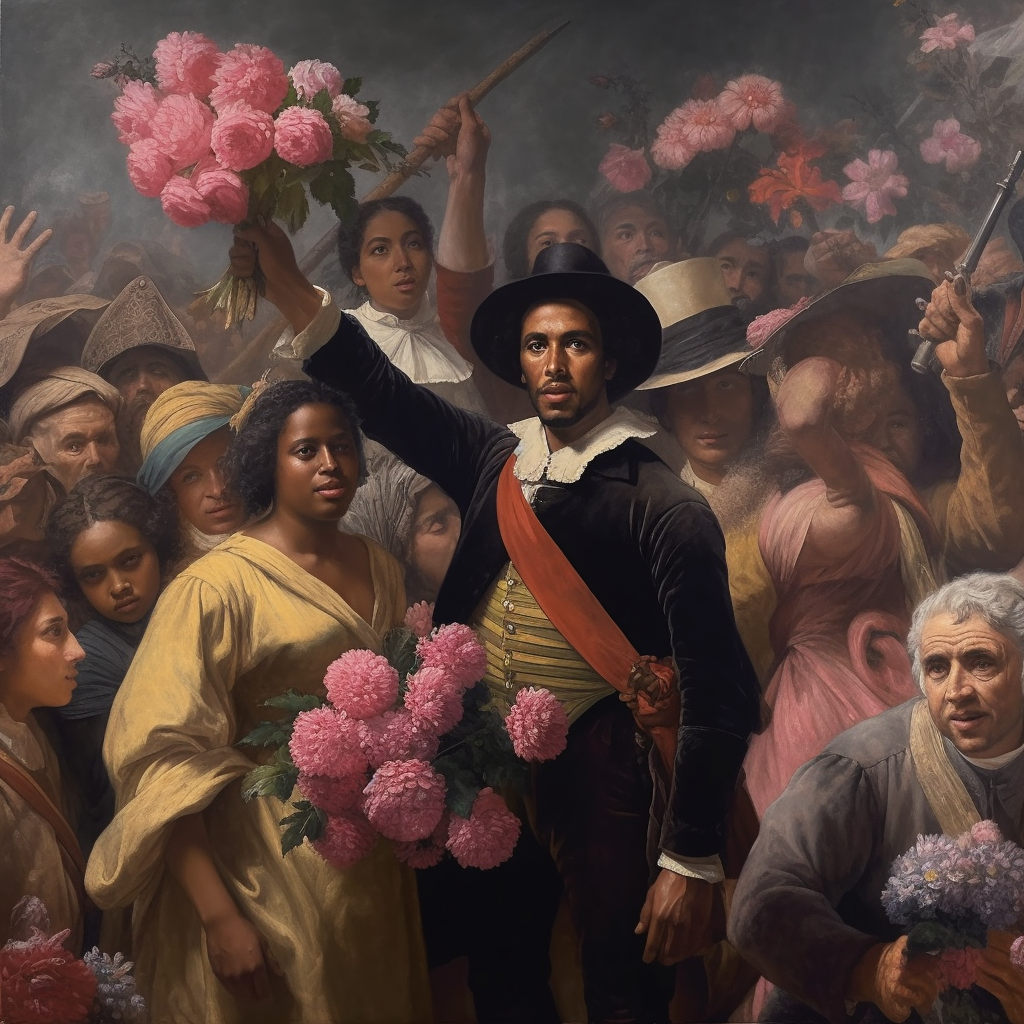
One of the most iconic songs of the Civil Rights Movement is “We Shall Overcome.” The song was first sung by striking tobacco workers in South Carolina in the 1940s and later became a rallying cry for the Civil Rights Movement. The song’s message of hope and perseverance resonated with people across the country and became a symbol of the struggle for civil rights.
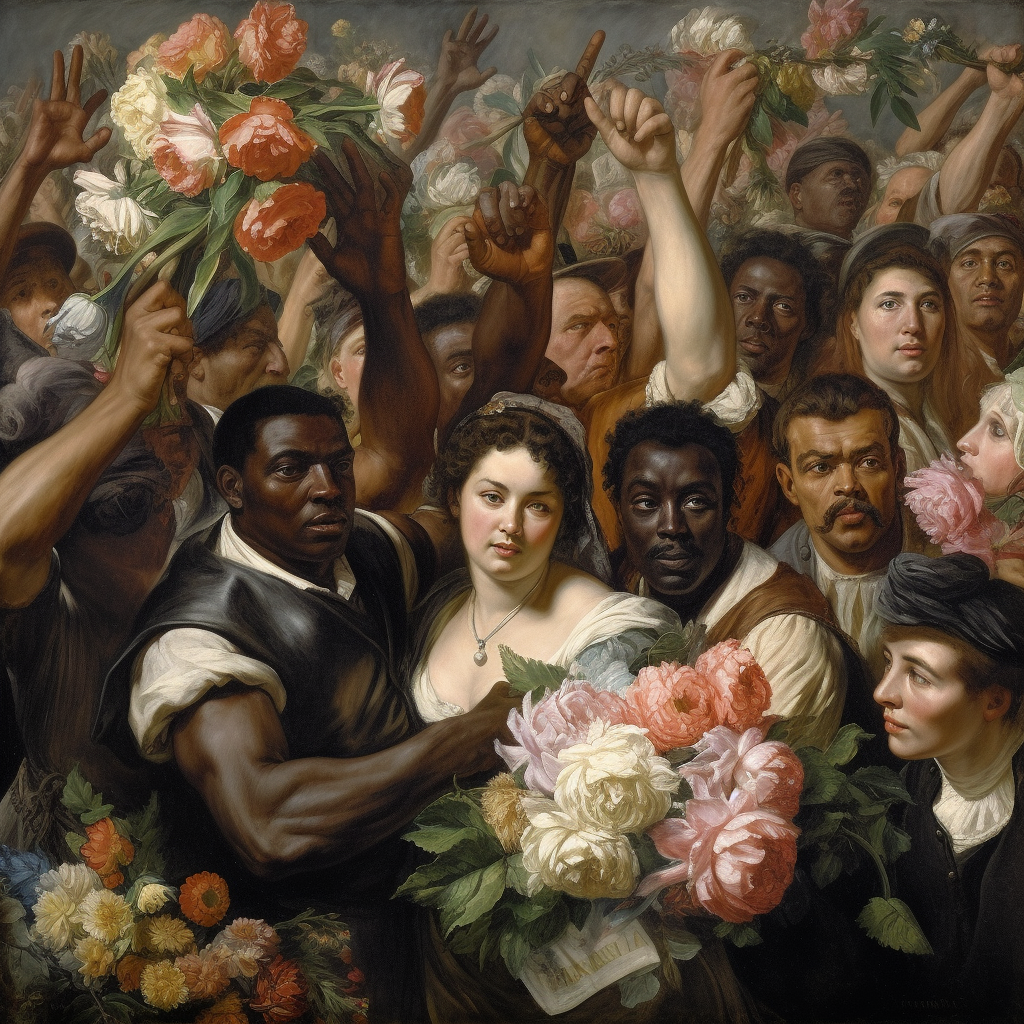
In the 1970s, a new form of music emerged that spoke directly to the experiences of African Americans in the inner cities. Hip-hop was born out of the Bronx in New York City and quickly spread to other parts of the country. Hip-hop artists like Grandmaster Flash, Public Enemy, and N.W.A. used their music to address issues like police brutality, poverty, and racism.
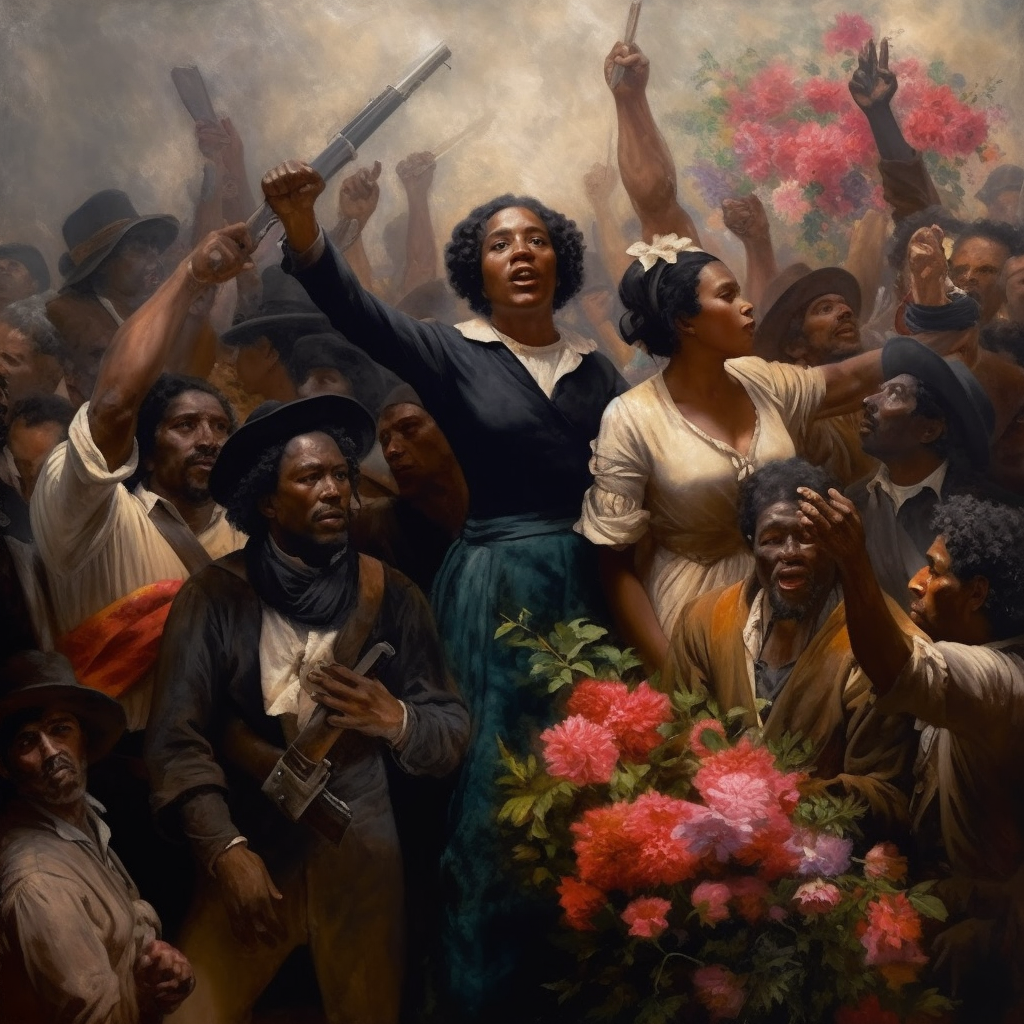
Juneteenth is a day to celebrate the end of American slavery and the resilience of the African American community. Music has played a vital role in the African American community’s fight for freedom and equality, from slave songs to hip-hop. As we celebrate Juneteenth, let us remember the power of music and its ability to bring people together and inspire change. Let us also remember that the fight for racial justice is far from over and that we must continue to work together to ensure equality for all.
